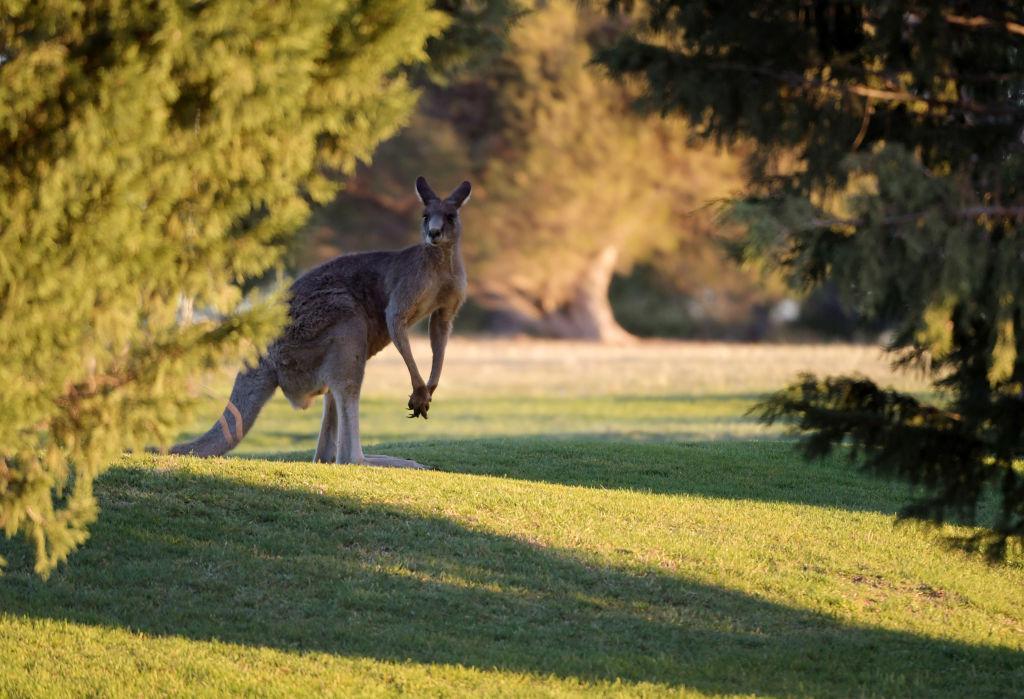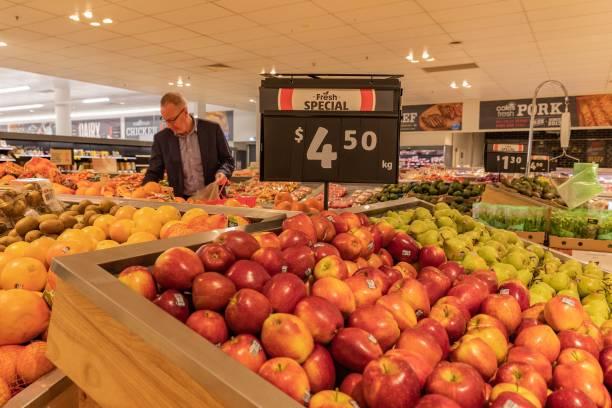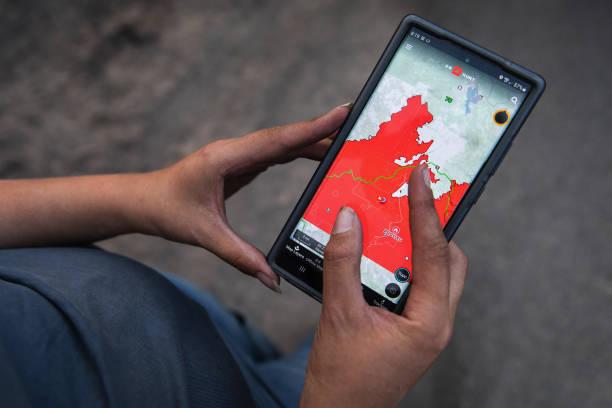Australian officials and diplomatic agents are pushing back against a bill proposed in the United States, which seeks to impose strict penalties on the importation of kangaroo leather or meat into America—the second-biggest buyer of kangaroo products after Europe—which generates $80 million per year in revenue.
The bill is being led by two congressmen, Salud Carbajal (D-California) and Brian Fitzpatrick (R-Pennsylvania) who introduced the “Kangaroo Protection Act” bill into the U.S. House of Representatives in January. So far six Democrats and two Republicans have sponsored the bill.





